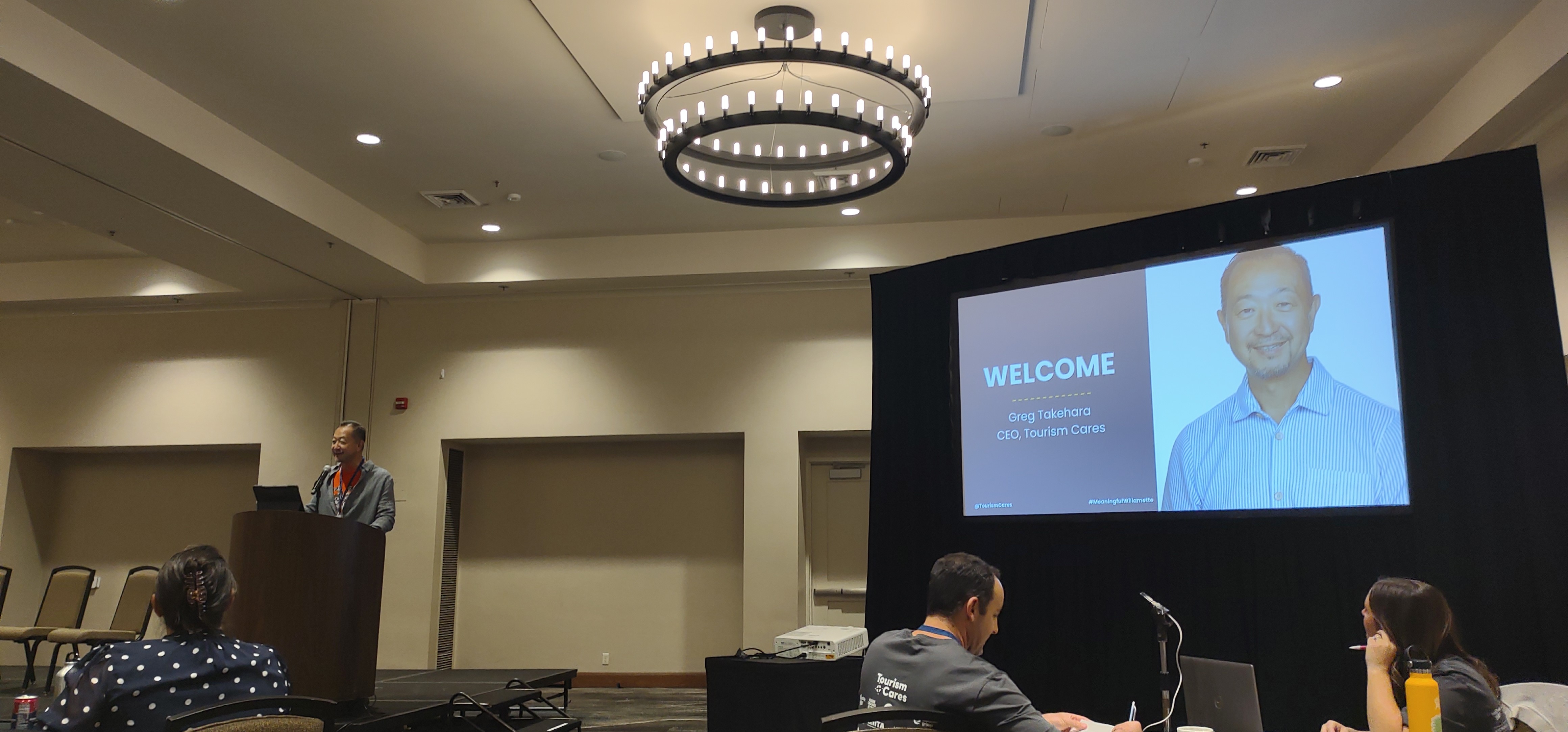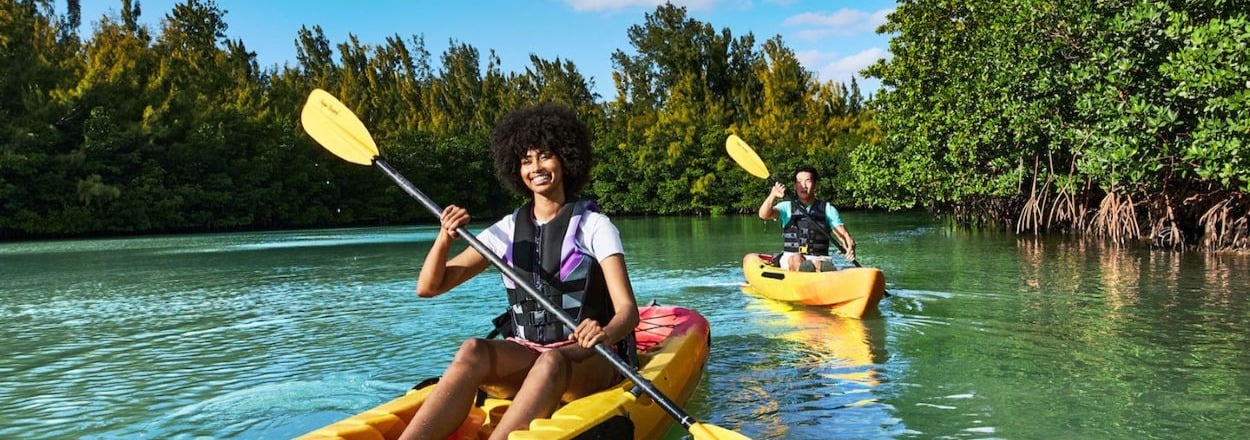Earlier this week, Tourism Cares, a leading non-profit dedicated to advancing sustainability within the travel and tourism industry, hosted its annual North America Meaningful Travel Summit in Oregon’s dazzling Willamette Valley. The sold-out event drew 150+ participants from across the industry as travel advisors, suppliers, DMOs and media members gathered to make new connections, forge best practices for sustainable tourism and conquer the idea of meaningful travel which the organization describes as travel that drives local impact and enhances the visitor experience.
In addition to the overarching themes outlined above, the summit featured panels on inclusion and accessibility as well as talks on the importance of agritourism and community-based tourism. Attendees heard from leaders helming organizations, non-profits and businesses local to the Willamette Valley and learned how travel and tourism can be harnessed to create a positive and lasting difference for the places and people it impacts.
“We try to achieve four objectives,” said Greg Takehara, CEO of Tourism Cares. “We unite, we educate, we inspire and we activate.” Takehara went on to explain that, in the case of this event, the uniting began by gathering attendees in the Willamette Valley, the education was represented by a day of back-to-back informational sessions and inspiration naturally followed as guests took the time to soak up new ideas. However, what really set the North America Meaningful Travel Summit apart is the way it “activated” guests in the form of what Tourism Cares calls “Experience Day,” an afternoon dedicated to getting attendees out into the community.

“(Experience Day is) where we light a spark and hope that we’re going to really inspire people because so often you read about a destination or you read about an experience and it sounds great, but you don’t get to touch and feel it,” said Takehara. “We really want our audience here to be able to go out today in this beautiful weather and be able to touch and feel these experiences and really hear directly from (the locals), the types of challenges they have, the things that they’re doing that are really remarkable that are, again, regenerative in terms of helping to sustain the land, what they’re doing from an agritourism standpoint, so people can really see these types of options that they have, not just read about it, but actually experience it themselves.”
Experience Day tours in Willamette Valley span the gamut with guests choosing between options like “Downtown Eugene Mural Tour” which showcased works from the 20x21EUG Mural Project, “Camas Country Mill Tour and Bakery Lunch and Learn” where participants sampled wine and fresh bread while learning about sustainable farming, “Connecting with the Indigenous Communities of Oregon and the Willamette Valley” which included a visit to the Museum of Natural and Cultural History, “Biodynamic and Sustainable Winery Tour” where summit-goers learned about the land and sipped flavorful vino, and lastly, “Walking Tour Exploring the History and Impact of Local BIPOC Oregonians” a tour led by Oregon Black Pioneers with a focus on the landmarks and stories that shaped a community.
Of course, meaningful travel goes beyond a four-day event. To propel the movement forward, Tourism Cares asked each attendee to make a “commitment” on the last day of the event. While commitments varied from person to person, guests were left looking to the future as they pledged to travel or conduct business in the travel industry with meaning.

When asked how travel advisors can embrace meaningful travel, Takehara said this: “I think everyone has a different definition. You have certain destinations that are dealing with overtourism. You have others where you have some negative sentiment coming from the locals, pushing back against tourism. But not every destination is fighting those same challenges. In many instances, it's a matter of just simply trying to ensure that people come with a certain respect for the Indigenous peoples of the area, of the land in particular.”
Expanding on this, Takehara reflected on ways farmers, beekeepers and wineries have adapted regenerative tourism practices in Willamette Valley, noting many have come to embrace and appreciate tourism as it can help to sustain their existence. Both can coexist. “We want to shine a light on that, but we also want to encourage travel advisors to get to know the destinations, like peel the onion back and see what’s beyond just the bucket list items of that particular destination,” said Takehara. “Try to understand some of the challenges that each destination is going through, and to see what’s beyond just, like I said, on the bucket list because these local communities have so much to offer.”
Tourism Cares’ next Meaningful Travel Summit will take place in Thailand in 2025. Visit Tourism Cares’ website to keep up with the latest updates and to enroll in future events.






comments